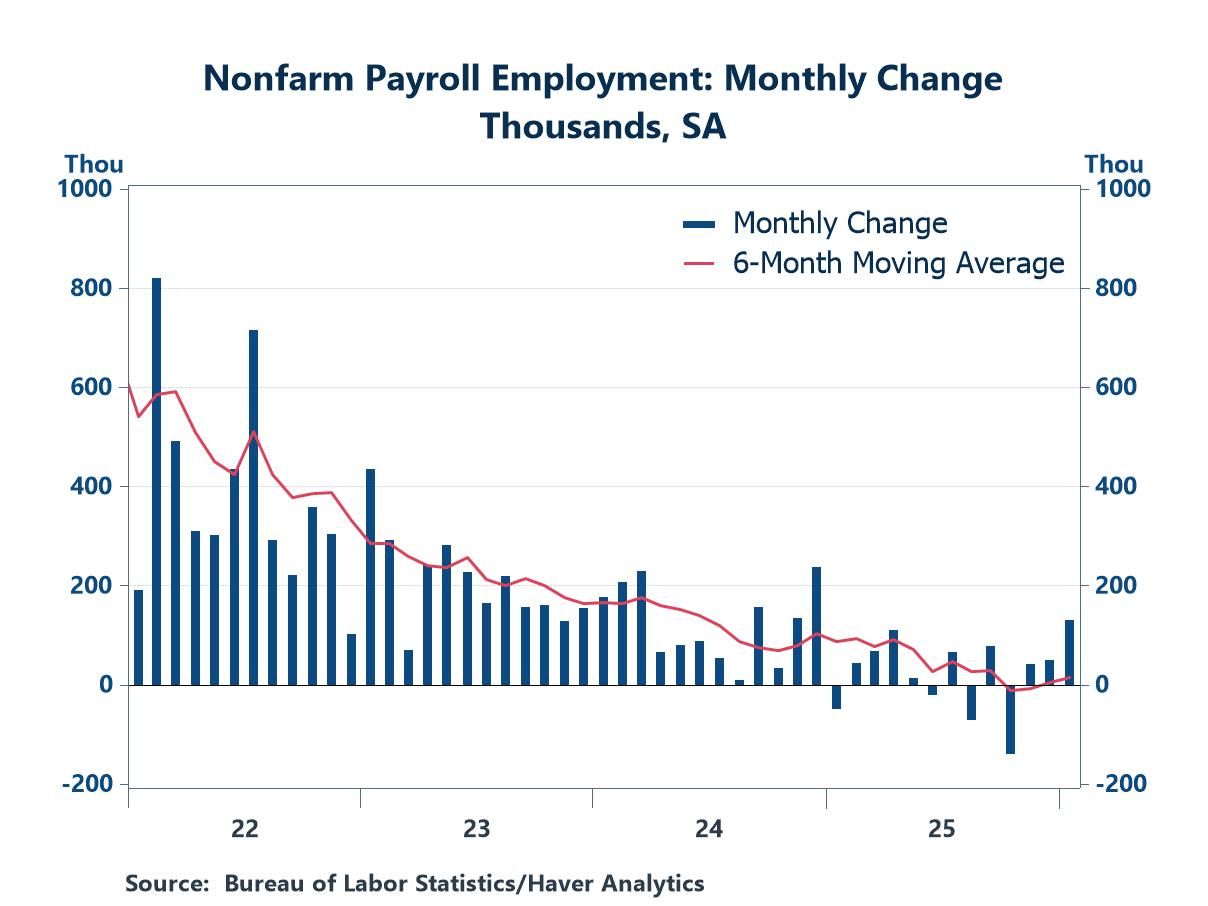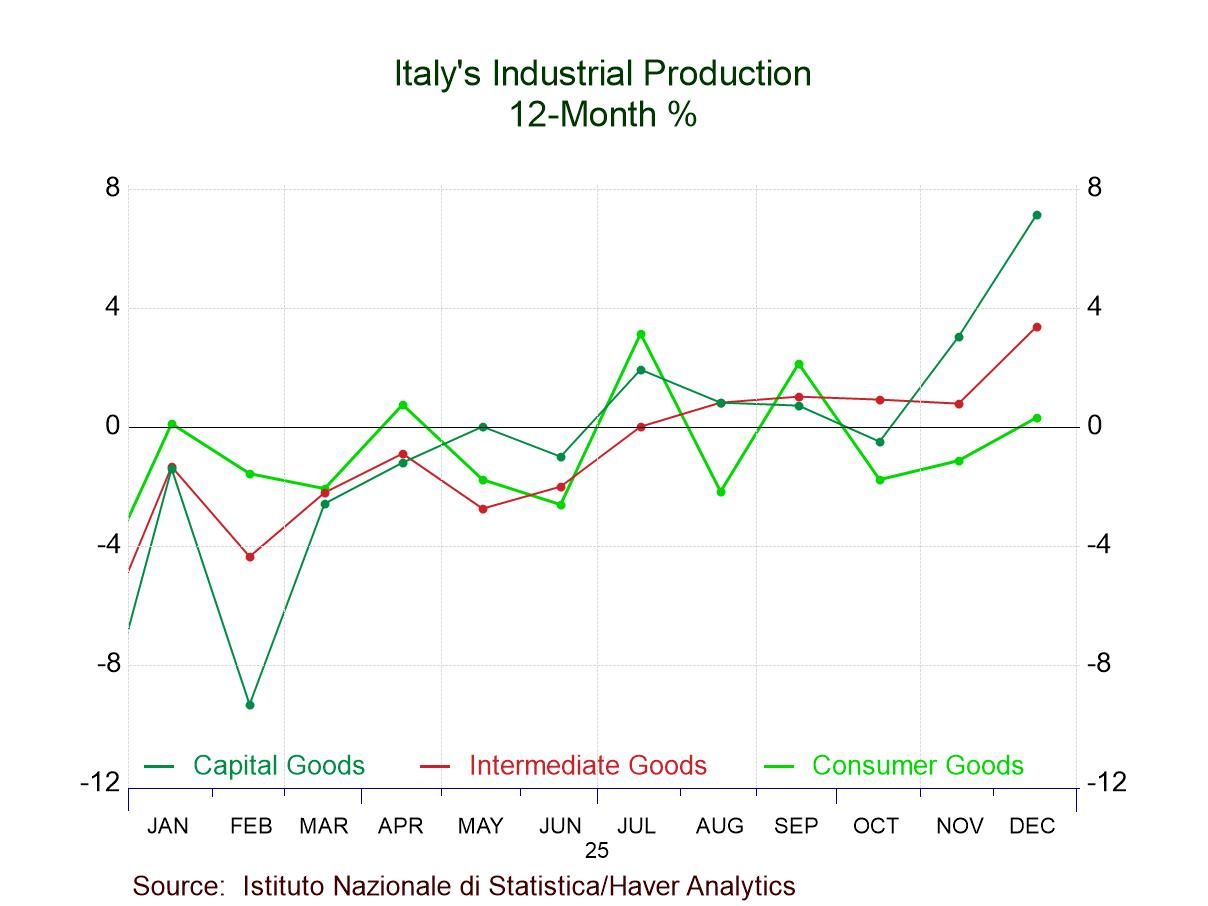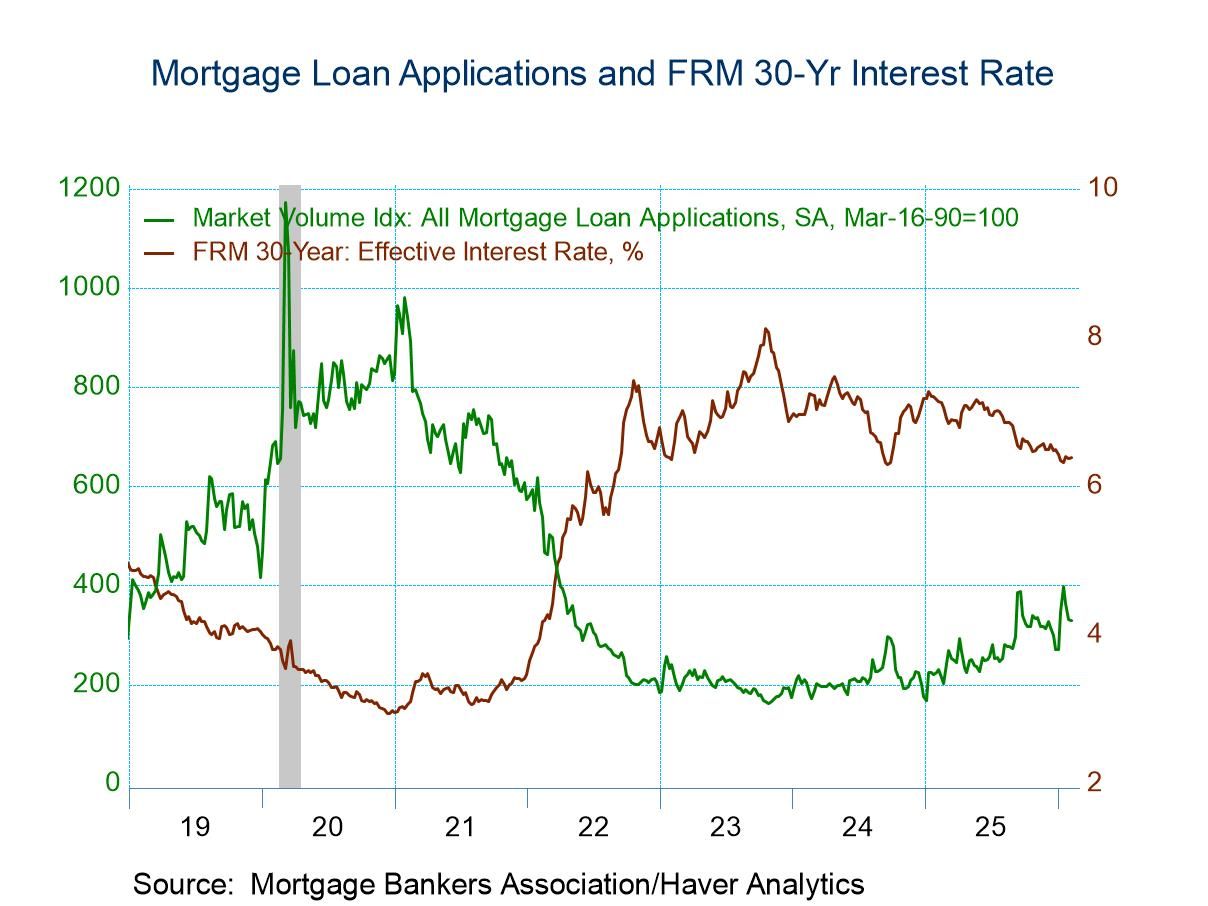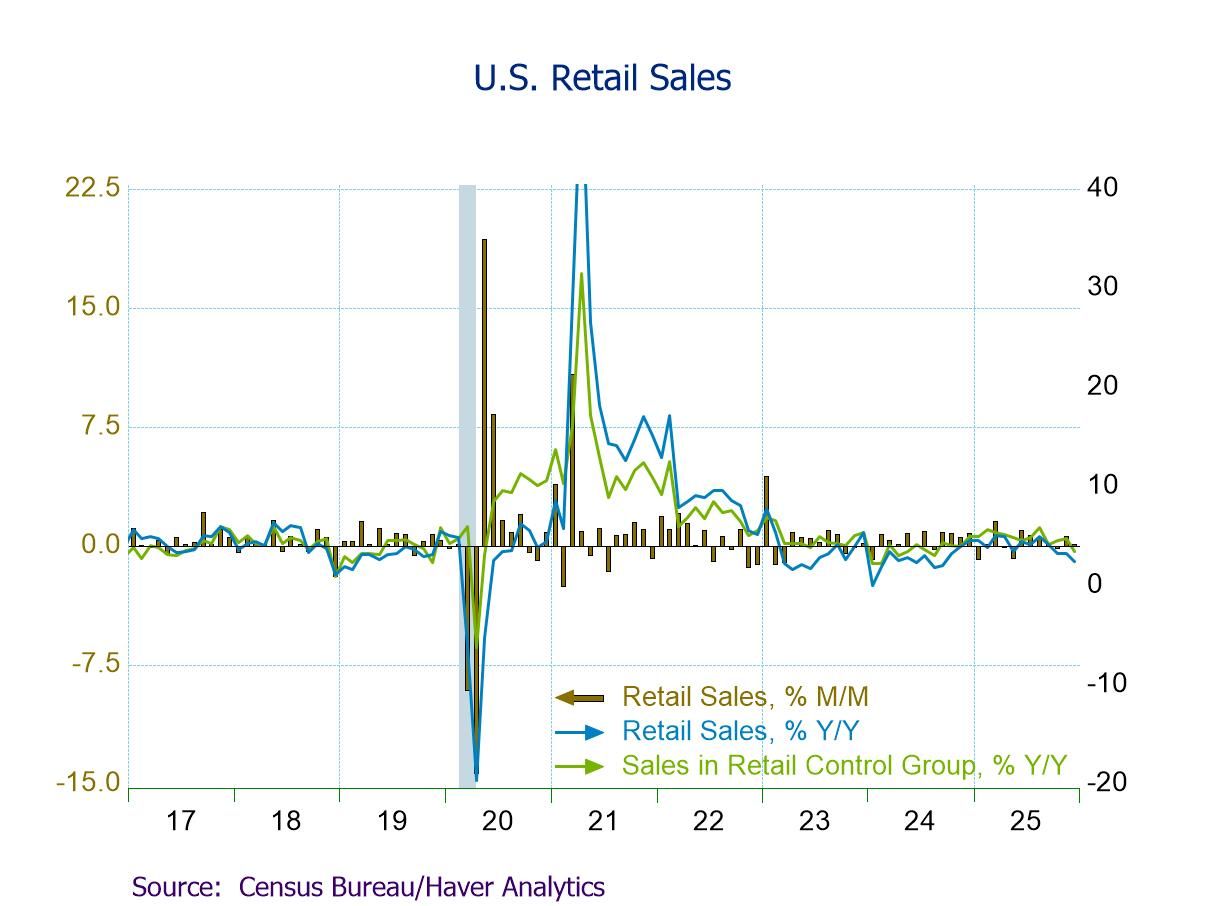 Global| Jul 29 2010
Global| Jul 29 2010Italy Biz Confidence Ticks Higher And Slows Rate Of Gain
Summary
Italy: still rebounding - Business confidence in Italy continues to rebound even as some have an eye on Italy as one of THOSE countries with too much debt and one that could be in trouble. Ever since the Greek crisis broke the Euro- [...]
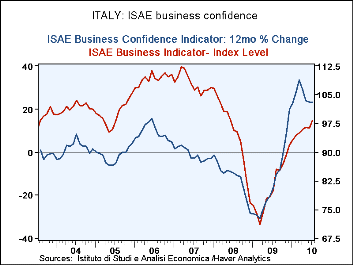 Italy: still rebounding - Business confidence in Italy continues to rebound even as some have an eye on Italy as one of THOSE countries with too much debt and one that could be in trouble. Ever since the Greek crisis broke the Euro-Area has been under a shadow with a handful of members in the darkest of places. But here we are months after Greece’s revelations with an EU support package in place with announcements of a good deal of austerity across the Zone and key EU/EMU economies are still managing progress- they are not just hanging on.
Italy: still rebounding - Business confidence in Italy continues to rebound even as some have an eye on Italy as one of THOSE countries with too much debt and one that could be in trouble. Ever since the Greek crisis broke the Euro-Area has been under a shadow with a handful of members in the darkest of places. But here we are months after Greece’s revelations with an EU support package in place with announcements of a good deal of austerity across the Zone and key EU/EMU economies are still managing progress- they are not just hanging on.
And doing so with gusto! -- Italy’s Index of business confidence has risen in July and its pace of expansion has slowed from its peak rate of expansion of a few months ago. Still, its pace of expansion is strong, above 20%. Moreover, while Italy’s measures, gathered and processed by ISAE, are well up from the range lows and are standing in the 84th percentile for the index headline. Yet, they still stand at a weak 29th percentile by ranking among all indicator values historically back to 1996.
Still it's a tempered progress...The ISAE MFG index is well up from those weak recession cycle low points that give us the chills but it has not yet risen to a point of normalcy. At 98.3 in July the index rose smartly from a slight backtracked level of 96.3 in June and is up sharply from 84.2 one year ago but it still stands short of its 101 mean value. That is not so far away by the numbers. Another two months of rising as it did last month and it will be above its mean. Yet, being only four points shy of its mean leaves the index in the lower 29th percentile of its rank by queue. Indeed, at its mean level the index still will stand only in the 41st percentile among its ranked values. The density of the observations for this indicators lies above its mean, a testament to how weak the values become when the index itself weakens. So we should be less encouraged by the 84th percentile reading's standing yet less worried about imminent collapse than what the queue or ranking standing implies at the 29th percentile.
Going its own way - Italy shows the most improvement and the highest relative standings in its intermediate and consumer goods industries with capital goods lagging. That is atypical of the Euro-Area in general where consumer indicators have languished and where capital goods shipments seem to be leading the MFG sector higher. Unfortunately inventories are one of the leading components for the consumer and they perch at the 36th percentile by queue ranking Domestic orders stand at their 28Th percentile, not all that far away. Foreign orders are lagging (again, unusual by Euro-Area standards) as they lie at the border of the 20th percentile of their queue standing. Actual production of consumer goods stands at its 17% percentile by queue ranking and 42nd percentile of its range.
Sector differences - Intermediate goods output is standing slightly higher than for consumer goods and shows balanced demand as orders are nearly equally strong for domestic- and international- sourced customers. Production is ten points higher in its relative range (queue) compared to consumer goods. While lagging as a sector, the production of investment goods has range ranking better than consumer goods production a sector where orders are relatively stronger.
Progress made and risks remain - On balance Italy's businesses are showing signs of continuing their fight higher. Like much of Europe the wake of the Greek crisis does not seem to have swamped it; it has barley rocked the boat at this point anyway. Unlike much of Europe Italy seems to have a stronger domestic-based recovery in place. That should means that if austerity measures bite, Italy will have less wiggle room to avoid repercussions. But so far that is not what is happening. Italy is benefiting from some international orders but with a strengthening domestic base. Like the rest of Europe it still has a long way to go to reach normalcy but it has put the worst of times and the biggest of risks behind it.
Robert Brusca
AuthorMore in Author Profile »Robert A. Brusca is Chief Economist of Fact and Opinion Economics, a consulting firm he founded in Manhattan. He has been an economist on Wall Street for over 25 years. He has visited central banking and large institutional clients in over 30 countries in his career as an economist. Mr. Brusca was a Divisional Research Chief at the Federal Reserve Bank of NY (Chief of the International Financial markets Division), a Fed Watcher at Irving Trust and Chief Economist at Nikko Securities International. He is widely quoted and appears in various media. Mr. Brusca holds an MA and Ph.D. in economics from Michigan State University and a BA in Economics from the University of Michigan. His research pursues his strong interests in non aligned policy economics as well as international economics. FAO Economics’ research targets investors to assist them in making better investment decisions in stocks, bonds and in a variety of international assets. The company does not manage money and has no conflicts in giving economic advice.



